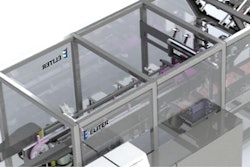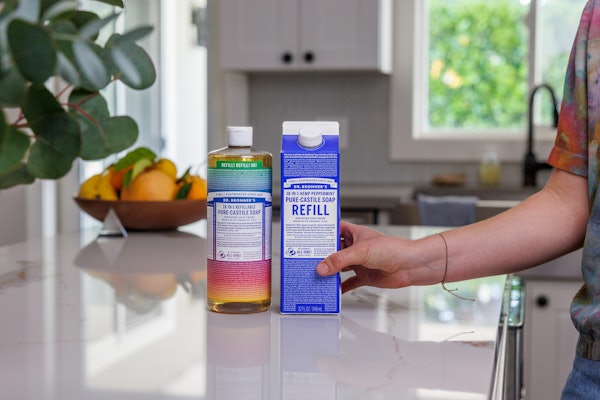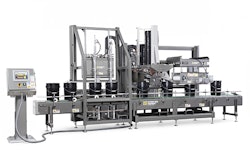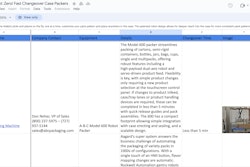By not complying with prescriptions, symptoms can reoccur, triggering additional doctor visits, testing, prescriptions and hospital stays. HCPC says such noncompliance increases healthcare costs by $60 to $100 billion annually. What can be done to lower these distressing numbers? Daniel Gerner, chairman of Washington, D.C.-based HCPC, suggests more widespread use of unit-dose packaging would help. Speaking at HCPC's 1995 National Symposium on Patient Compliance, held May 9 and 10 in Somerset, N.J., Gerner praised unit-dose packaging because it makes it easier for consumers to track prescriptions than relying on bottles or vials. But he did say there's much more work to be done, and he used the blister card package that contains his dog's heartworm tablet as an example of the kind of packaging he'd like to see more often. "It has color-coded tablets with matching information printed on the card so I can check the right strength for my dog's weight," said Gerner. "A set of pressure-sensitive labels is included for a calendar that reminds me to give him his tablet. An insert tells what to expect. A lot number is printed on the pack for traceability. An expiration date lets me see if the product is at full strength." In direct comparison, he continued, a prescription he takes has confusing dosage instructions, says nothing about what to expect from the drug, has no lot number or expiration date, and comes in a vial that's not much help where compliance is concerned. "The point is, I'm sure I gave my dog his medication, but can't figure out if I took my own," Gerner told his audience. "Something is wrong with that. It's a problem we need to work on, and unit-dose compliance-style packaging and patient education will help."
Packaging an Rx for noncompliance?
According to the Healthcare Compliance Packaging Council, more than 125ꯠ people die each year in the U.S. from not taking their heart medicine as prescribed.
May 31, 1995
Companies in this article
Machinery Basics
How AI is reshaping CPG manufacturing operations
Today’s CPG companies are faced with mounting challenges in their manufacturing operations. You have the data that could help you, but can you turn that data into knowledge? See how artificial intelligence can help. Learn what’s working for Pfizer, Post, and Smithfield.
Read More






















